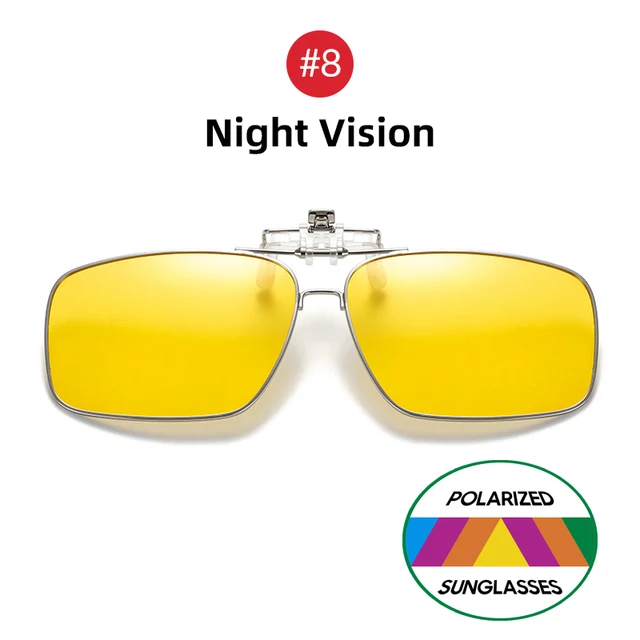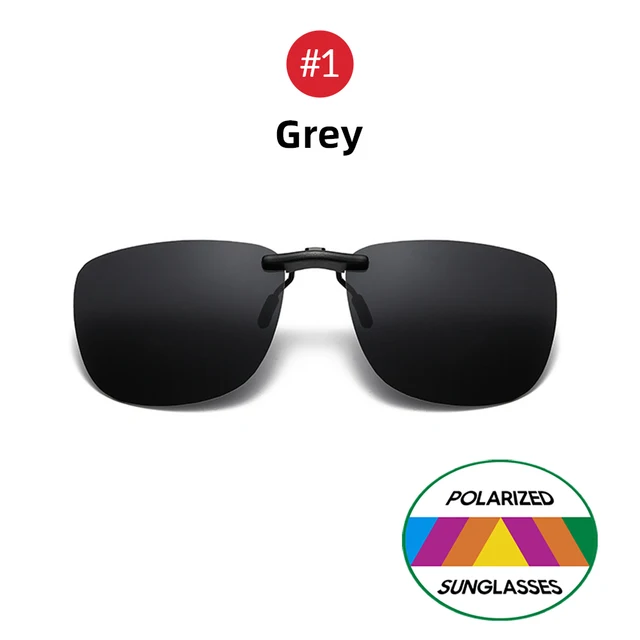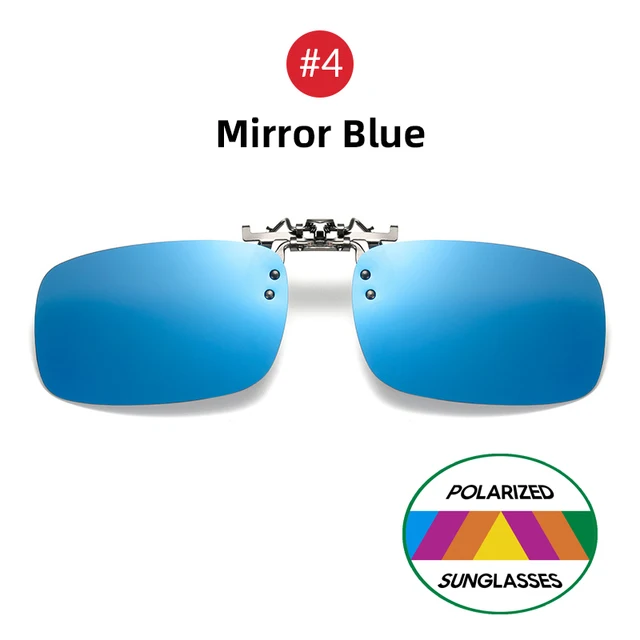7 Best Polarized Sunglasses for Seeing Fish in Water
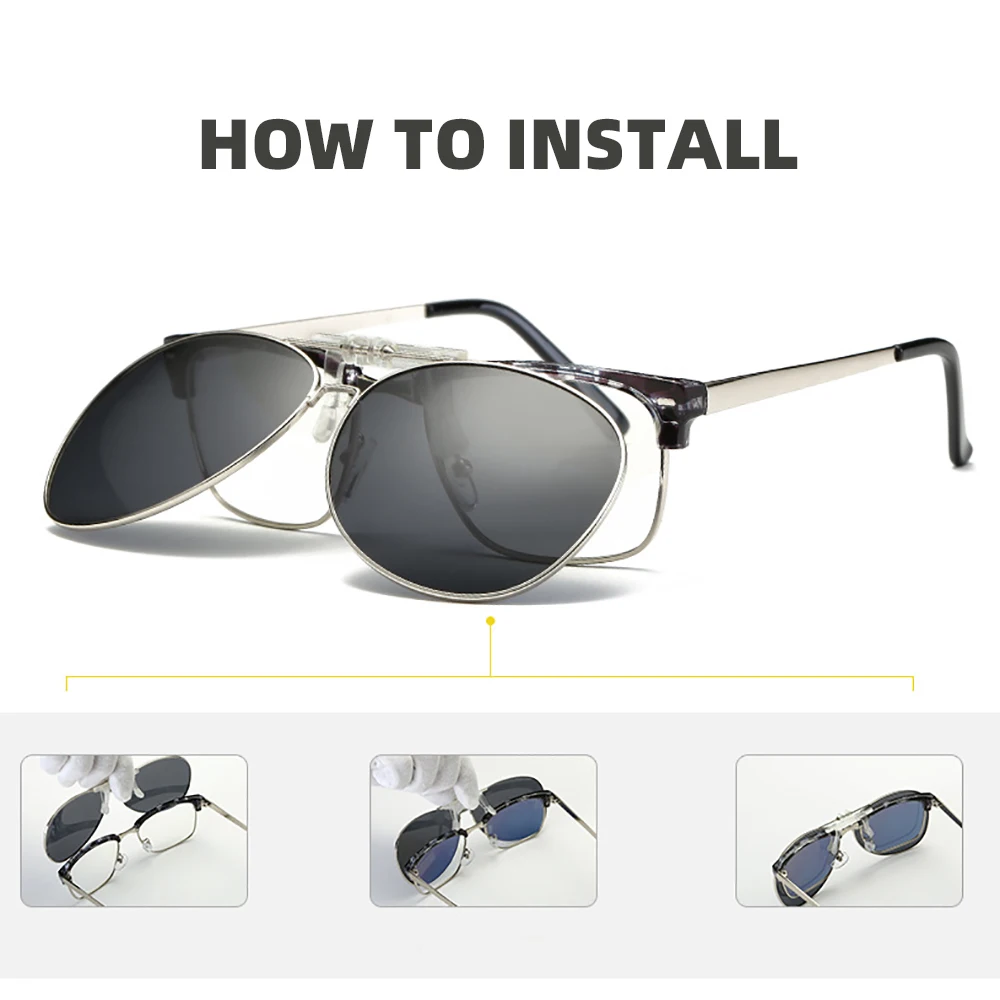
What are the Best Glasses to See Fish in Water?
For anglers and fish enthusiasts, seeing fish in water requires lenses that cut through glare and enhance contrast. The best glasses for this purpose are Clip On Polarized Sunglasses. These lenses are specifically designed to reduce glare from the water’s surface, allowing you to see beneath it more clearly. Polarized lenses work by filtering out horizontal light waves, which are responsible for glare, thus providing a clearer view of the underwater environment.
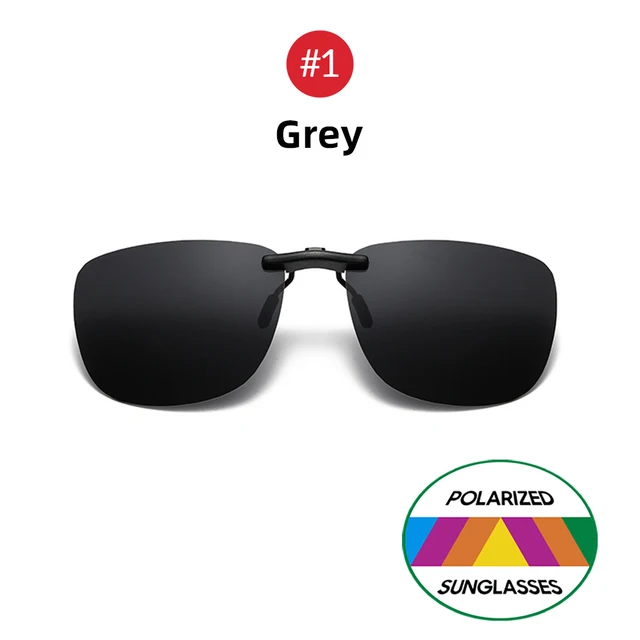
When selecting polarized sunglasses for fishing, consider factors such as lens color. Amber and copper lenses are particularly effective for enhancing contrast and depth perception in various lighting conditions, making it easier to spot fish. Additionally, choose sunglasses with a UV400 rating to ensure maximum protection from harmful UV rays.
What are the Best Glasses for Seeing into Water?
The best glasses for seeing into water are those with high-quality polarized lenses. Flip Up Polarized Sunglasses are an excellent choice as they offer the convenience of flipping the polarized lenses up when not needed, such as when you’re transitioning from water to land activities. These glasses reduce the glare from the water surface, improving visibility and allowing you to see underwater structures and fish.

For optimal performance, look for lenses that offer anti-reflective coatings and hydrophobic treatments to repel water and reduce smudges. Brands like Oakley, Costa, and Maui Jim are renowned for their high-quality polarized lenses that enhance underwater visibility.
What are Polarized Lenses Not Good For?
While polarized lenses are great for reducing glare and improving visual clarity, they are not suitable for every situation. Polarized sunglasses may not be ideal in low-light conditions, such as early morning or late evening, because they can reduce overall light transmission, making it harder to see. Additionally, these lenses can interfere with the visibility of digital screens, such as those on smartphones, GPS devices, or car dashboards, as they can create a rainbow effect or make the screens appear darker.
What Can Ruin Polarized Sunglasses?
Several factors can ruin polarized sunglasses, diminishing their effectiveness and longevity. Scratches on the lenses can reduce their ability to block glare and impair vision clarity. To avoid scratches, always store your sunglasses in a protective case and clean them with a microfiber cloth.
Exposure to high temperatures and harsh chemicals can also damage the lenses and frame. For instance, leaving your sunglasses on a car dashboard on a hot day can cause warping or discoloration. Similarly, using chemical cleaners not designed for eyewear can deteriorate the lens coating. It’s essential to handle your Clip On Polarized Sunglasses with care to ensure they last.
Can Polarized Lenses Make You Dizzy?
Some individuals might experience dizziness or headaches when wearing polarized lenses, particularly if they are not accustomed to them. This discomfort can be due to the way polarized lenses filter light, which can alter depth perception and visual clarity for some users. If you experience these symptoms, it may help to gradually acclimate to the lenses by wearing them for shorter periods initially.
Are Polarized Glasses Better Than Driving Glasses?
Polarized sunglasses can be better than regular driving glasses in many situations. They reduce glare from reflective surfaces such as wet roads, car hoods, and other vehicles, enhancing driving safety and comfort. By improving contrast and visual clarity, polarized lenses can help you detect obstacles and road signs more quickly.
However, it’s important to note that polarized lenses might make it difficult to read certain LCD screens on your car’s dashboard. If you rely heavily on these screens, you may want to test polarized lenses to ensure they don’t hinder your ability to see critical information while driving.
What Company Makes the Best Sunglasses?
Several companies are renowned for producing high-quality polarized sunglasses. Among them, Costa, Oakley, Maui Jim, and Ray-Ban are frequently cited as top contenders. These brands are known for their durable construction, advanced lens technology, and stylish designs. Costa, for example, is highly favored by anglers and water sports enthusiasts for its superior polarization and lens clarity. Maui Jim is also well-regarded for its color-enhancing lenses and exceptional UV protection.
How to Tell if Sunglasses are UV400?
Ensuring your sunglasses are UV400 is crucial for protecting your eyes from harmful ultraviolet rays. To check if your sunglasses have UV400 protection, look for a label or sticker on the lenses or packaging that indicates this rating. UV400 lenses block 100% of UVA and UVB rays.
If there is no visible label, you can also test your sunglasses using a UV flashlight. Shine the light through the lenses onto a UV-reactive surface. If the surface does not react, your sunglasses provide adequate UV protection. Alternatively, take your sunglasses to an optical retailer, where they can be tested with specialized equipment.




